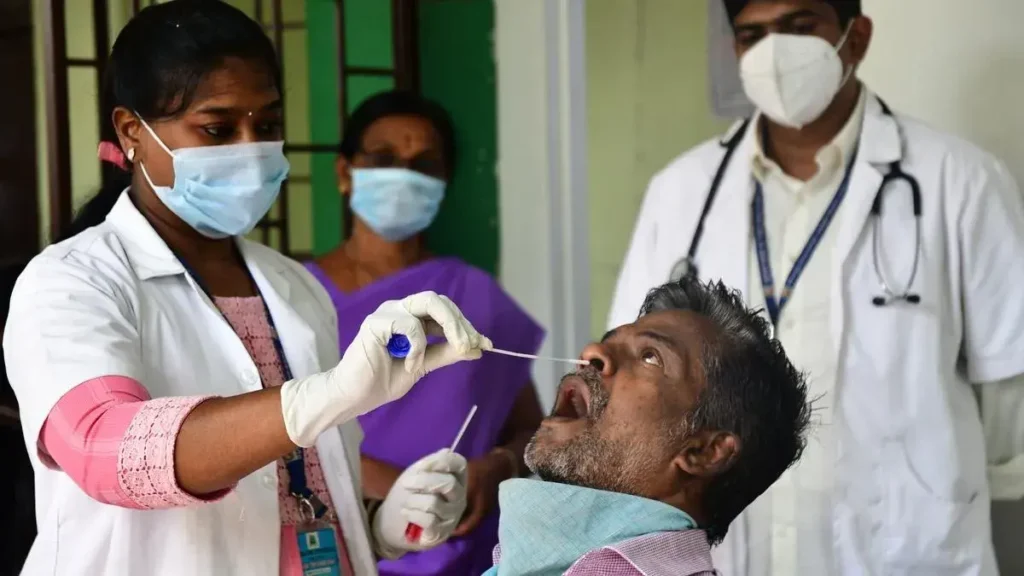Swine Flu Outbreak in Assam: Symptoms and Precautions
Following reports of swine flu infections in Assam’s Barak Valley, health authorities are on high alert, deploying frontline workers to assess the extent of the outbreak. The outbreak has led to several cases of infections, with one reported fatality in Hailakandi district. Dr. Subrata Das, Head of Internal Medicine and Diabetology at Sakra World Hospital in Bengaluru, highlighted the symptoms associated with swine flu, which closely resemble those of the common flu. These symptoms include fever, sore throat, cough, runny or stuffy nose, headache, fatigue, nausea, vomiting, and diarrhea. In severe cases, patients may experience breathlessness and complications such as pneumonia and low oxygen levels. Dr. Das emphasized that precautions against swine flu mirror those recommended for COVID-19. These precautions include wearing masks, practicing frequent hand washing, disinfecting surfaces, and maintaining overall hygiene. Additionally, individuals are advised to cover their nose and mouth when sneezing or coughing, avoid touching their face, and stay away from sick individuals. If feeling unwell, it’s crucial to stay home to prevent further spread of the virus. Highlighting the importance of vaccination, Dr. Das recommended that adults receive the annual flu vaccine, which provides protection against severe complications of flu, including swine flu. Swine flu, caused by the H1N1 strain of the influenza virus, is highly contagious and spreads rapidly among humans. To mitigate the risk of infection, individuals are advised to stay informed about credible medical information, practice proper respiratory hygiene, maintain hand hygiene, avoid close contact with sick individuals, and seek isolation if experiencing symptoms. Key Precautions to Avoid Swine Flu (H1N1): Stay informed about credible medical information regarding infectious diseases. Cover nose and mouth when coughing or sneezing, and dispose of tissues safely. Practice frequent handwashing with soap and water or use hand sanitizers. Avoid close contact with sick individuals. Isolate oneself to prevent the spread of the virus to others. Ensure to receive an annual influenza vaccine to reduce the risk and severity of swine flu infections. Taking these precautions can significantly reduce the risk of swine flu infection and contribute to public health safety during outbreaks.


